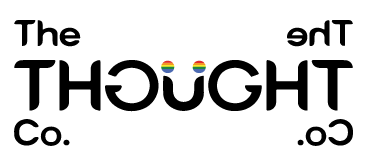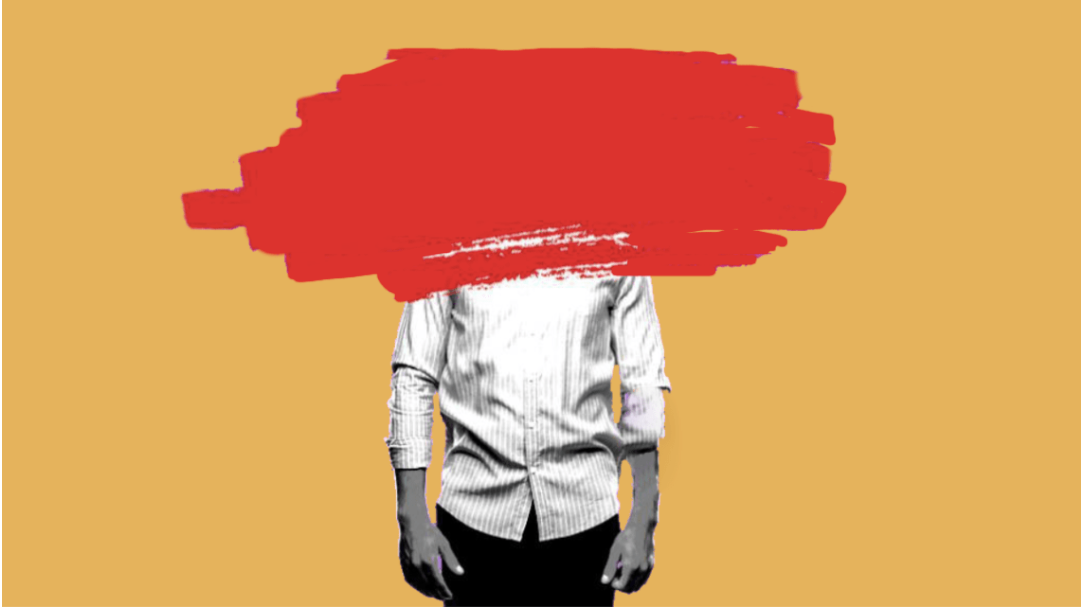In today’s world, online activism has become a big part of our social media feeds and activity.. A part of online activism also means being responsible for the opinions and thoughts that we voice.. Social media platforms like Twitter, Reddit and Instagram are known for their open debates and conversations about different socio-political issues – from the left vs right wing to Beyonce – we discuss it all! Fortunately, unlike newspapers that only put out some opinions, an online platform gives all users the space, capability and autonomy to speak up.
The #MeToo movement highlighted the effective outcomes of the same. Coming together and being inclusive has become easier with social media channels. But many times, this autonomy is targeted more directly. Different individuals (usually celebrities) have been called out time and time again, sometimes publically shamed and mocked openly, for questionable (if not punishable) behavior or opinions put forth. This is known as ‘outrage culture’ among the Tweeters.
Outrage culture involves a few different types of actions: like doxing, “which refers to the research, and in turn broadcasting, of personally identifiable information about an individual”; negative reviews that is when followers are urged to give negative reviews in order to punish corporate interests or businesses. And the most famous of them all, the cancel culture.
Nowadays, the use of the term “cancel” is not only being used for Netflix subscriptions or RSVP to events but also for people. ‘Cancel’, in this context, implies unfollowing, or not using a celebrity’s products because of their behavior or wrongdoing. After all, celebrities, no matter how big or small, do have to take up responsibility for their comments or behaviors. They are called “influencers” for a reason, aren’t they? And here, the term ‘cancel’ i.e. completely removing their presence on our social feed or life, would also mean that we, as individuals are taking up responsibility to be influenced by the right people… and condemn the wrong.
We are holding ourselves accountable for who we get influenced by, and that is commendable!
But here’s a problem:
Cancelling a celebrity for their behavior, helps us to personally ignore the celebrity and their views but unless it’s done on a large scale, it’s redundant. For example, Kanye West, an American rapper, was said to be cancelled for supporting Donald Trump. Even though he did experience major backlash, he still had sold-out concerts and was as famous (or maybe more) since then. It did not seem to affect him at all.
So the question is – does cancelling a person teach them to be more responsible and accountable than they previously were?
There is a very thin line between holding people accountable and boycotting them. On one side of the line is neglect, the other side is responsibility. Cancelling people for their wrongdoings could have the same significance as never having ‘cancelled’ them in the first place if there is no discussion about the topic at hand. They might never understand why their opinion was problematic (and maybe as celebrities they wouldn’t care). Because now, the topic that should be discussed is being ignored. What’s more? If it turns into a trend, where trolling the celebrity becomes the goal, what actually matters is forgotten completely.
As responsible netizens, it is also important to recognize that the benefit of online activism does not end with one person. Holding a conversation about the subject at hand and actively trying to change public opinion for better, is not only helpful for one celebrity, but also other people who might have had the same opinions about the issue or are facing discrimination or judgement because of that issue.
The importance of having ‘the talk’ on various topics and opinions, online or offline, is being stressed on a lot these days. Talking the talk means bringing awareness and opening up to new perspectives. This means that even if certain ideas or people (like racists) piss us off, we still have the talk and help them get clarity (even if that’s just 5%). Starting a conversation will in itself allow more space.
Ending conversations, ignoring them and letting them go as “difference of opinions” when they get uncomfortable, only makes it worse. Cancelling people means we unfollow the bad and don’t even help the marginalised in the process. It is important to hold people accountable for their opinions on different topics, talk, debate, discuss and help each other understand perspectives better.
It is a responsibility to follow the right influencers, but more than that, it is our responsibility to educate and talk about the same topics first. Today, we have to talk because what led to intolerance was neglect.
Meet The Author


